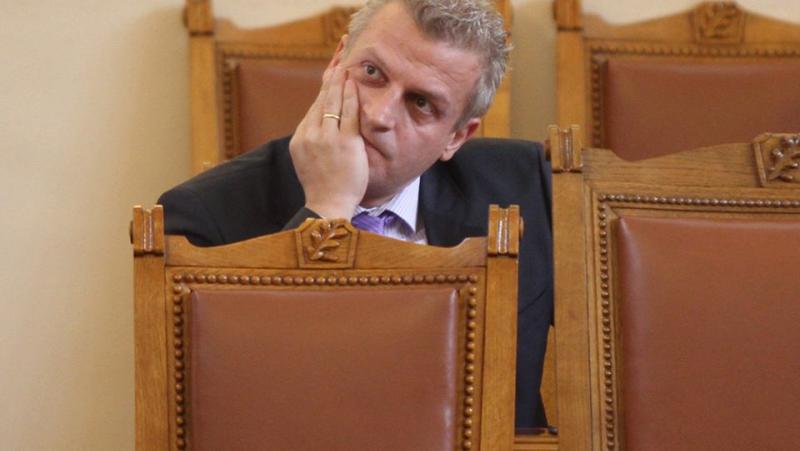/ world today news/ After GERB blamed the judicial reform proposed by the Reform Bloc, now Boyko Borisov‘s party rejects all the serious changes that Health Minister Petar Moskov tried to impose on hospitals with the changes to the Law on Medical Institutions.
The project was changed even before it entered the parliament at the request of the largest party in the ruling coalition. The amendments introduced by GERB between the first and second reading cancel a number of the minister’s ideas. The most important text – that the health insurance fund will not finance every new hospital, is intact for now, but the head of the health commission in the parliament, Daniela Daritkova from GERB, made it clear that her party has reservations about it as well, writes “Sega” newspaper. .
Even before passing through the Council of Ministers, the law provided for oncology, skin and psychiatric dispensaries to merge with hospitals for active treatment. Minister Moskov’s idea was that these patients should be provided with complex care, such as is available in large hospitals. However, it caused protests in dispensaries and the displeasure of GERB. As a result, it was written into the law that dispensaries can also conclude contracts for the provision of complex care or become part of hospital associations or merge with large MBAL. An amendment by Daniela Daritkova, tabled before the second reading, excludes mandatory restructuring. The possibility of larger and smaller hospitals in one area to make holdings is canceled altogether.
Before the law was given its first reading, Moscow was forced by Prime Minister Boyko Borissov to abandon the lifting of the ban on privatization of large university and district hospitals. The texts are still in the law, but there are proposals to drop them from all parliamentary groups.
GERB has also introduced changes for the accreditation of medical facilities. At the moment, it is optional, except for the places where students are trained, and Moscow’s idea is to make it mandatory – in the case of two bad grades, the Ministry of Health will withdraw the activity permit. However, GERB wants things to remain as they are at the moment. At the time of the triple coalition, the accreditation of hospitals was mandatory, but in 2010 Borisov’s deputies canceled the requirement on the grounds that it was an additional administrative burden that did not change the quality of the medical facilities in any way.
GERB do not even agree with the proposal to drop the requirement that the directors and managers of hospitals and polyclinics have a mandatory qualification in health management.
The main change proposed by Moscow is to make the national health card mandatory. An assessment will be made by district where there is a surplus and where there is a shortage of doctors and medical facilities. Where there is a surplus, new hospitals will not be included in the map and will not be eligible for funding from the health fund. Already existing medical facilities will compete for a contract with the health fund according to criteria determined by an ordinance of the Ministry of Health, which is yet to be written, or the NHIF will have the right to the so-called selective bargaining. Currently, the treasury is obliged to finance anyone who appears on the market and meets contract criteria such as number of doctors, beds, equipment, etc.
GERB’s proposals for these texts do not envisage their radical change. There is a request for their removal from the opposition, including the DPS. But Daniela Daritkova has already announced that there is a need for a serious debate on how the treasury will do selective bargaining. “It should not be done according to a methodology, but on a competitive principle – for example, on the basis of the better price on the part of medical institutions for medical activity,” she announced. According to her, the treasury or the Ministry of Health should not single-handedly decide with which hospital to conclude a contract for financing, as this option carries a corruption risk.
The publication recalls that during the first government of Boyko Borisov, the deputies of GERB blamed the then minister Stefan Konstantinov for his attempt to introduce a mandatory health card and control over the financing of new hospitals.
#GERB #blame #hospital #reform #Moscow


